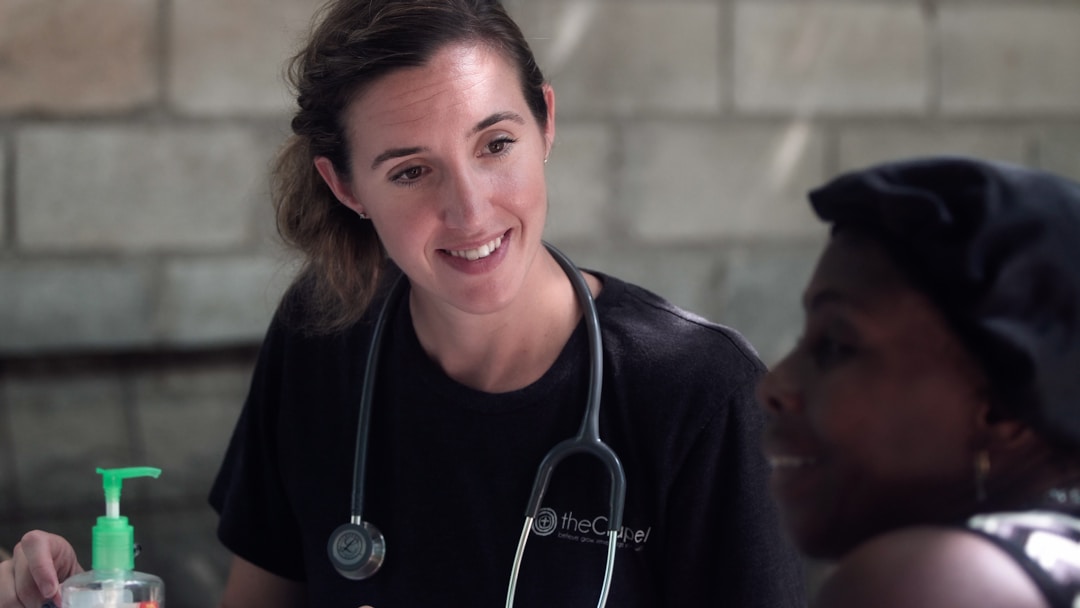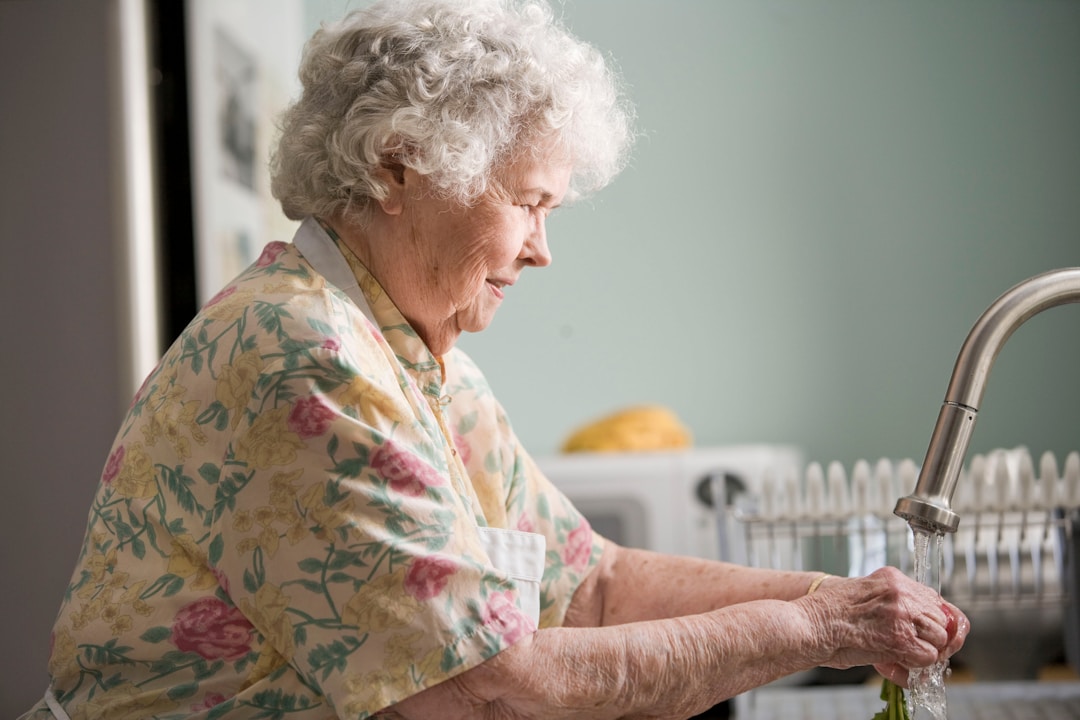Retirement is an exciting phase in life, offering newfound freedom and opportunities to explore new hobbies and interests. However, it is also crucial that retirees maintain their physical and mental health to ensure they can make the most of this phase of life. In this article, we provide valuable tips and advice on staying healthy during retirement, ensuring you can live life to the fullest. If you’re in need of some advice or more information, keep reading to discover effective strategies for maintaining your well-being throughout your golden years.
Mental Health and Emotional Well-Being

Just as important as your physical health is maintaining your mental and emotional well-being during retirement. This can include maintaining strong social connections, staying engaged in your community, and looking for a therapist near me. A therapist provides a safe and confidential space for them to explore their feelings and thoughts without fear of judgment. A therapist can help older adults process their emotions and make sense of any changes or challenges they may be facing. Therapy can also offer seniors an opportunity to learn effective coping skills and strategies to deal with stress, anxiety, and other difficult emotions.
Making healthy social connections is especially valuable if you are living in retirement homes, where like-minded individuals can easily gather and form lasting bonds. Retirement homes come in all shapes and sizes, catering to a variety of needs and preferences. Some may offer independent living for seniors who are still active and mobile, while others may provide more comprehensive care. Regardless of the level of assistance required, retirement homes generally offer a range of amenities and services, including meals, housekeeping, transportation, and recreational activities.
Physical Health Considerations
Maintaining a healthy body during retirement should be a priority when enjoying this new phase of your life. Proper exercise and nutrition can prevent common health issues related to aging, such as osteoporosis, heart disease, and diabetes. Engaging in regular physical activity can improve your strength, flexibility, and mobility, ensuring you can enjoy your favorite activities for years to come. One way to stay active during retirement is to incorporate physical activities you enjoy into your daily routine. This could include walking, swimming, dancing, or even participating in group exercise classes tailored for seniors.
It is recommended that older adults aim for at least 150 minutes of moderate-intensity exercise per week, which can be broken up into shorter sessions if needed. Alongside physical exercise, proper nutrition is needed. Consuming a balanced diet rich in fruits, vegetables, whole grains, lean protein, and healthy fats can provide the nutrients your body needs to function. Consulting a nutritionist can give you personalized guidance on how to make healthier food choices and support your well-being.
Regular Health Checkups

Another aspect of staying healthy during retirement is maintaining regular health checkups. Regular visits to your primary care physician, dentist, and eye doctor can catch potential health issues early, allowing for timely interventions and a better chance of successful treatment. Preparing for these visits by keeping track of your health information, such as medications, symptoms, or concerns, can make the most of your appointments and foster open communication with your healthcare providers.
You need to follow your doctor’s recommendations as well, such as taking prescribed medications, following post-surgical care instructions, and adhering to recommended follow-up visits. Many preventive health screenings and immunizations are recommended for older adults, including flu shots, cancer screenings, and vaccinations for pneumonia and shingles. Staying up-to-date on these recommendations and discussing them with your healthcare provider can allow you to maintain good health throughout retirement.
Healthy Aging and Lifestyle Choices

Several other lifestyle choices can significantly impact your overall health and well-being during retirement too. For example, getting enough sleep, managing stress, and avoiding harmful habits such as smoking or excessive alcohol consumption can contribute to better health outcomes and a higher quality of life. Establishing a consistent sleep schedule and creating a relaxing bedtime routine can promote restful sleep, which is integral to physical and mental health. Incorporating stress-management techniques, such as meditation, yoga, or deep breathing exercises, can also help retirees manage their stress levels.
As you can see, staying healthy during retirement involves a combination of proper nutrition, physical activity, mental and emotional well-being, and regular health checkups. These are just a few examples of the types of lifestyle factors that can have a major effect on your experience as you age. By prioritizing these aspects and making healthy lifestyle choices, retirees can truly enjoy their golden years and live life to the fullest. If you follow the advice in this article, then you can trust that you’re making the most of your retirement.






